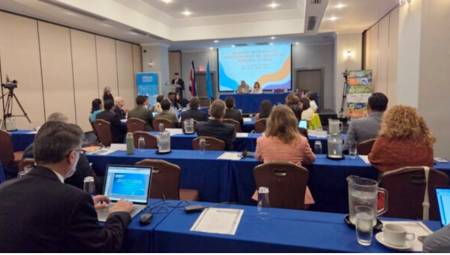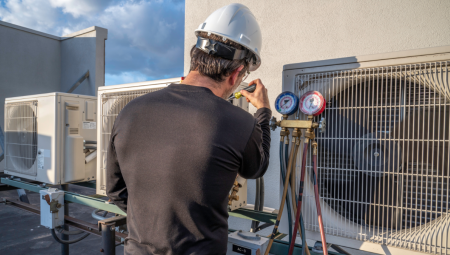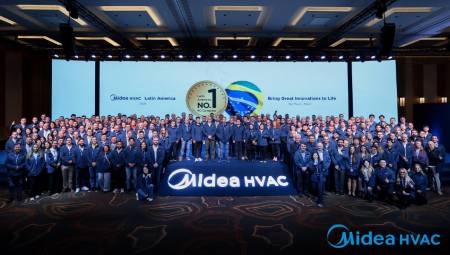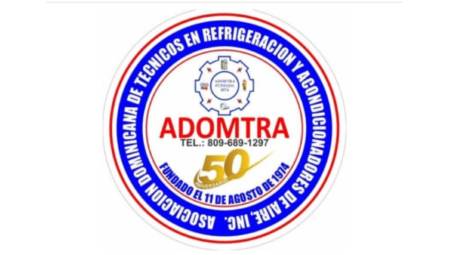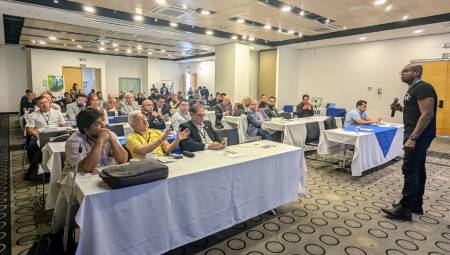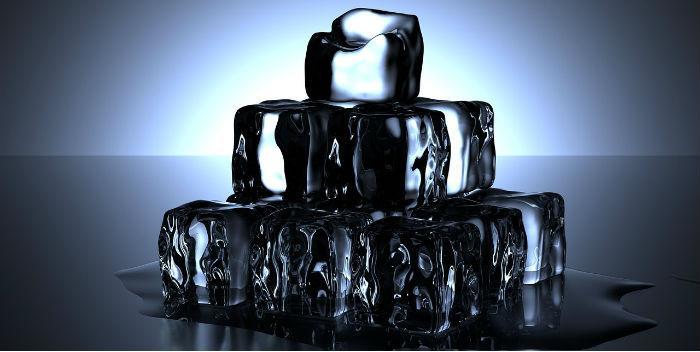 International. The rules of physics say that it is impossible to cool an object to absolute zero, to remove all thermal energy until its atoms stop. But in a paper recently published in the journal Nature, researchers at the National Institute of Standards and Technology (NIST) in the U.S. say their new technique could allow things to be done colder than previously thought possible.
International. The rules of physics say that it is impossible to cool an object to absolute zero, to remove all thermal energy until its atoms stop. But in a paper recently published in the journal Nature, researchers at the National Institute of Standards and Technology (NIST) in the U.S. say their new technique could allow things to be done colder than previously thought possible.
Scientists have been cooling atoms with lasers for several decades, but there was a limit to how cold they could get. Quantum mechanics tells us that it is because of the way light works. Instead of flowing in a direct current, it travels in discrete packets, called quanta. Each package "gives a small kick" as it arrives. The paper's lead author, J.D. Teufel said, meaning some heat is added as it takes energy off everyone. Using sideband cooling, the NIST researchers had previously cooled their quantum drum — a microscopic aluminum membrane that vibrates like a drum — to its lowest energy "ground state." At that time, the thermal movement of the drum was one-third the amount of its quantum motion. Some thought this represented the "quantum limit" – the coldest temperatures that could be reached according to the laws of quantum mechanics. They had a hunch that being colder was possible if they could remove the "kicks" from the light packets.
To do this, they "squeezed" their lasers, using a special type of superconducting circuit to produce a beam of light in which the quanta were forced to follow each other in an orderly manner. This didn't eliminate all the "kicks" from the lasers, but it got rid of a lot. When the scientists tried again to cool their drum with the squeezed light, they succeeded so that the thermal motion was one-fifth the magnitude of the quantum motion.
Now that it's proven to work, Teufel says the technique can be refined to get even colder objects. It opens the door to the construction of instruments of unprecedented sensitivity – for example to measure deformations induced by the passage of gravitational waves – and to understand quantum mechanics better than ever – one of the most mysterious branches of physics.
Source: International Institute of Refrigeration (IIR).




